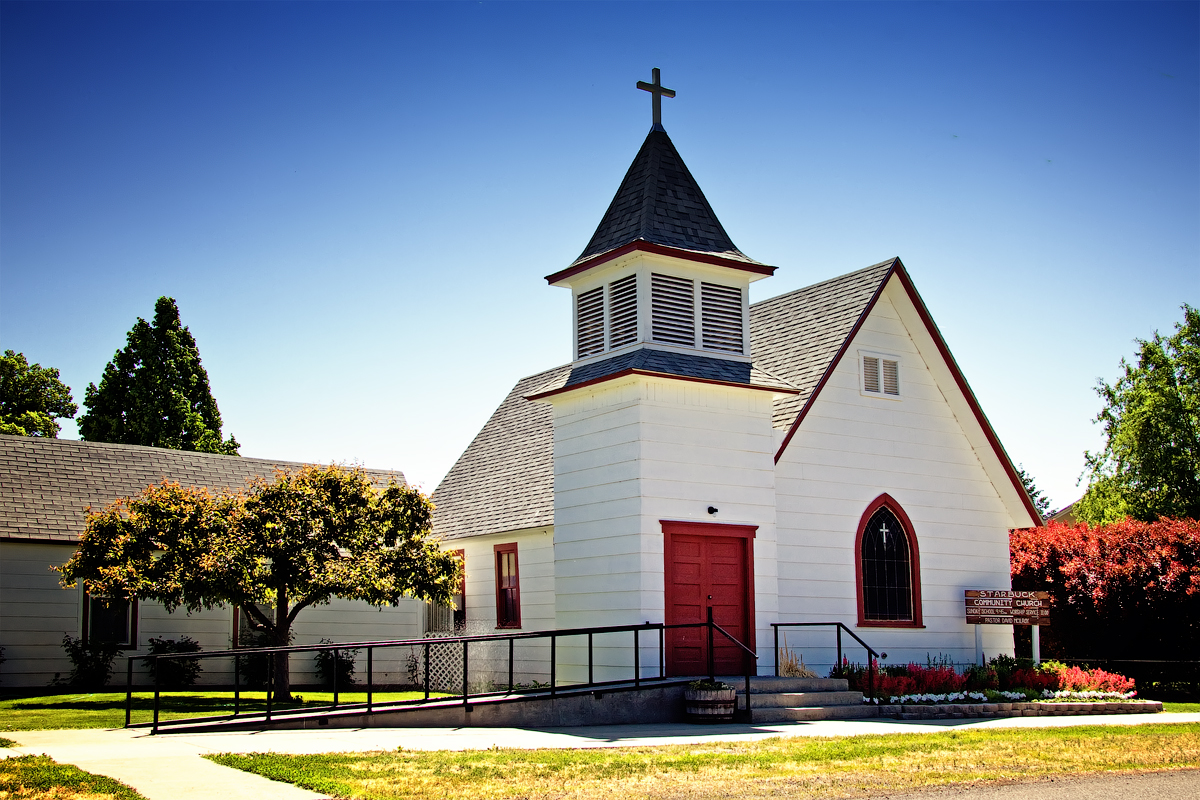A little while back one of my favorite preachers offered a long list of Christian books he recommends. It included excellent books about God and salvation and missions and the Christian life. But, strangely, it did not point to a single book about the church.
I’m not worried about this particular preacher. I know he loves his church. Yet the omission reminded me of something that’s typical of post-1950s evangelicalism: the tendency to forget about the local church in our discipleship and Christian identity.
Login to read more
Sign in or create a free account to access Subscriber-only content.
Topics:
